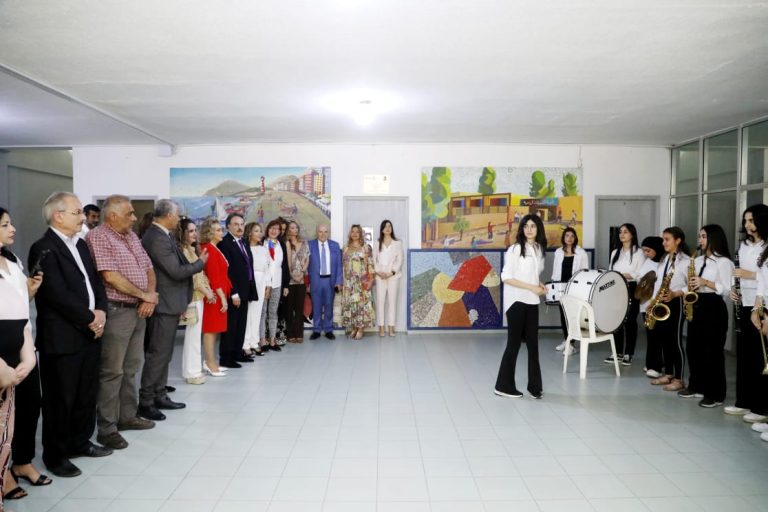São Paulo – The energy shortage problem in the Choueifat Public School in Choueifat, a city in southeast of Beirut in Lebanon, was fixed thanks to donations from Brazilians. The school inaugurated earlier this month a solar energy system acquired with funds raised mostly by Rotary Club districts in Brazil as part of a project implemented by Lebanon’s Rotary Club. Rotary is a network of community leaders across several countries, including Lebanon and Brazil.
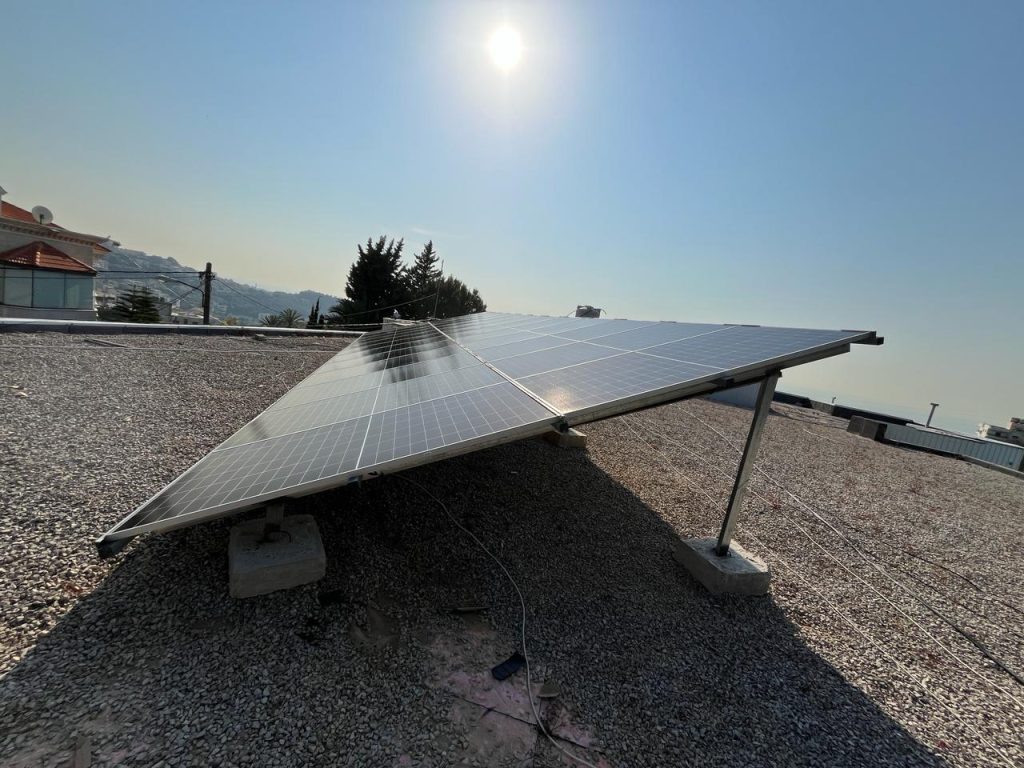
The school in Choueifat that has already been benefited has 412 students. Other two Lebanese education institutions will receive the system thanks to the donation, including the Husseini Massoud Secondary Public School in Bchamoun, Mount Lebanon province, with 400 students, to be inaugurated on June 1, 2024. The Renee Mouawad Public Technical Institution in Zharta, North Lebanon, with 215 students, will have a system inaugurated soon, too.
The information was given by Rotary Club Beirut Liberty chairwoman Latife Nakadi, a Lebanese that spearheads the initiative. She was in Brazil in 2022, visiting several Rotary Clubs to ask for support. In late last year, a hybrid meeting was held between Lebanese and Brazilians, with the in-person portion taking place in the headquarters of the Arab-Brazilian Chamber of Commerce (ABCC) in São Paulo to fund the Light for the Future project.
Energy to build the future
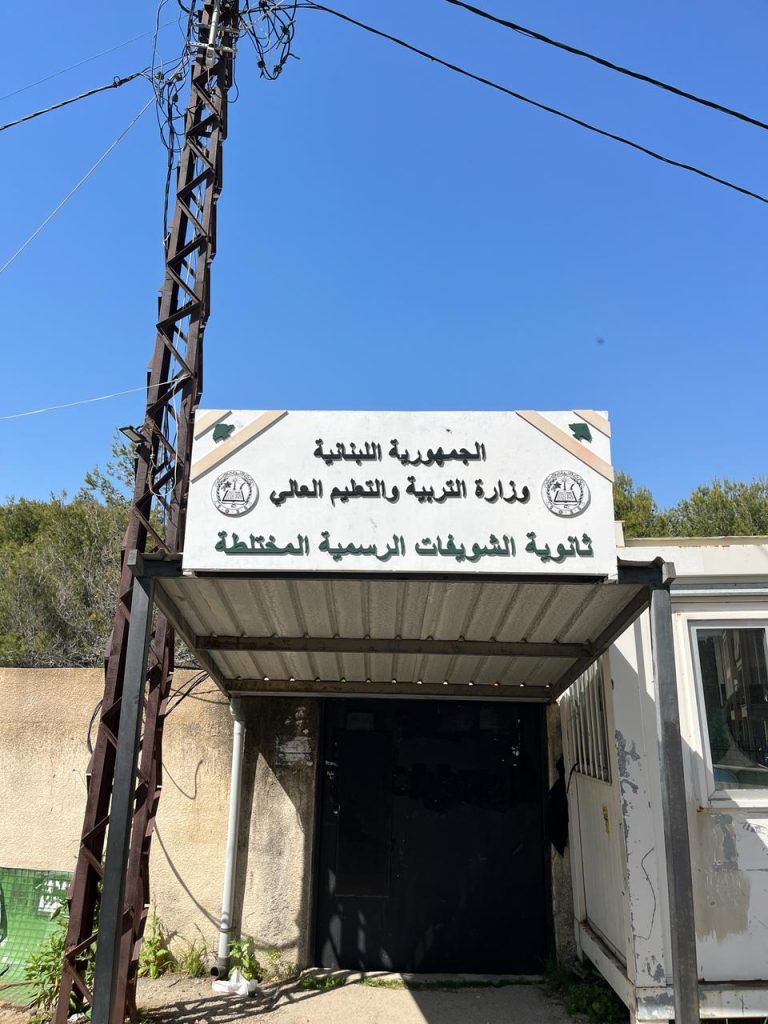
The electricity crisis in the Arab country started by the end of the Lebanese Civil War in 1993, says Nakadi. After the revolution in 2019, the economy got worse, and there was no electricity all over Lebanon. Funds to buy generators and diesel to fuel them became a problem, both for citizens and classrooms, which became dark in winter, and students were deprived of using computers or equipment.
“Donating solar power systems to three schools in Lebanon, a country that struggles with consistent electricity supply, is profoundly significant,” said Nakadi. According to her, the donation of solar power systems to schools in Lebanon can significantly improve educational outcomes, support economic growth, and foster environmental sustainability, thus setting the foundation for long-term positive change in Lebanon. “For the youth, it means better learning conditions, greater opportunities for personal and professional growth, and a brighter, more sustainable future.”
Rotary Club and Arab-Brazilian Chamber
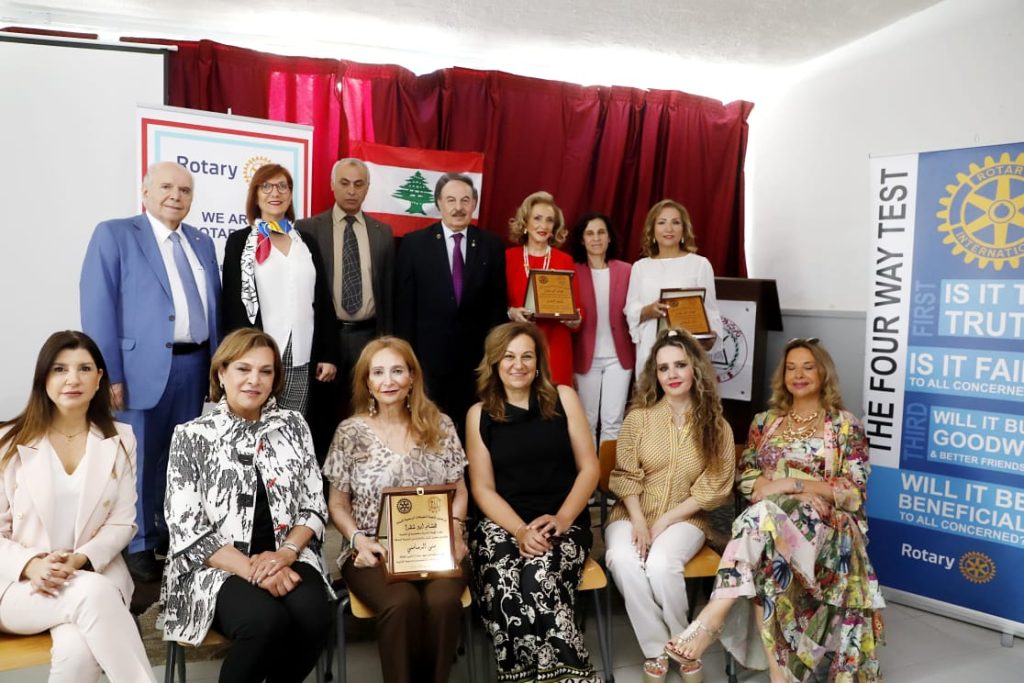
Nakadi highlighted the support from São Paulo Rotary Trustee chairman and Rotary Club São Paulo advisor Nahid Chicani, who’s also treasurer at the ABCC and embraced the project and asked for support from several Rotary districts in Brazil, as well as Rotary Trustee curator Marcelo Haick. Three districts in São Paulo and Paraná states raised USD 31,000 in donations, which added up to a contribution from the Rotary head office in the United States and a complement from Lebanon’s Rotary to reach USD 64,000.
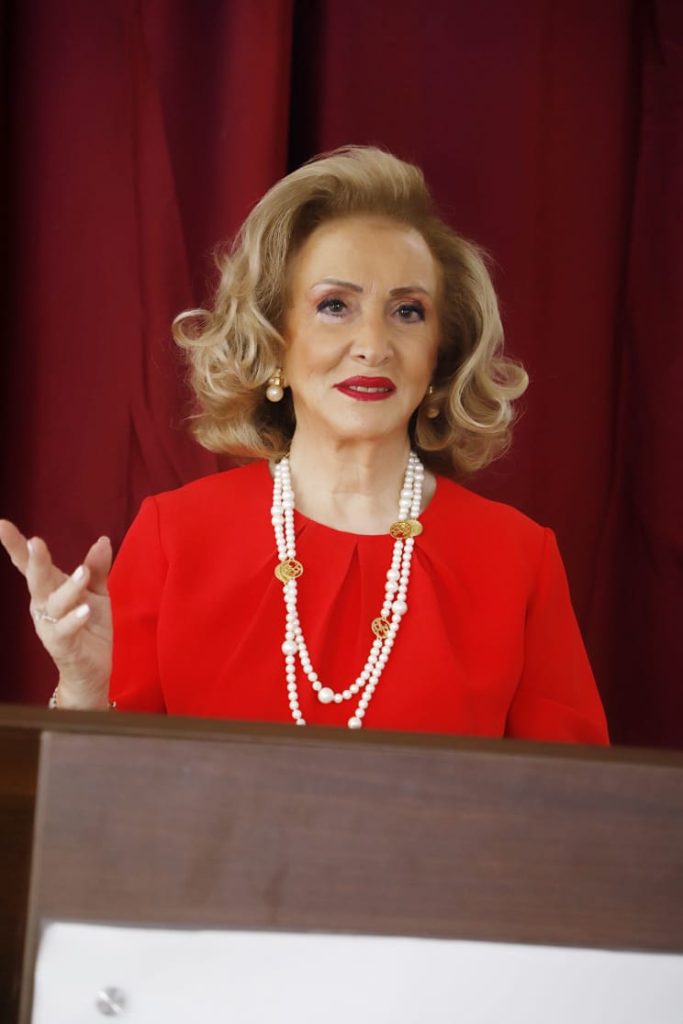
Chicani has visited Lebanon four times in recent years as part of Rotary delegations. “They came to us around a year and a half ago, showing the calamitous energy situation in Lebanon’s schools that only had one or maybe two hours of power a day, which is terrible for education,” said Chicani on the request of Lebanese Rotary members. Chicani was chair of the São Paulo Rotary Club and governor of the District 4563.
Read more:
Rotary launches project to support schools in Lebanon
The ABCC helped engage to the cause diplomats and several Brazilian officials associated with the Lebanese community, including Brazil’s former President Michel Temer, who had participated in the hybrid meeting on the topic with Rotary officials from Lebanon, such as Mona Rasamny, Jamil Mouawad, George Azar, and Ahmad Husseini. “It’s wonderful and greatly satisfying for us, because we’re helping hundreds of children get quality education,” Chicani told ANBA on participating in the project.
Translated by Guilherme Miranda



